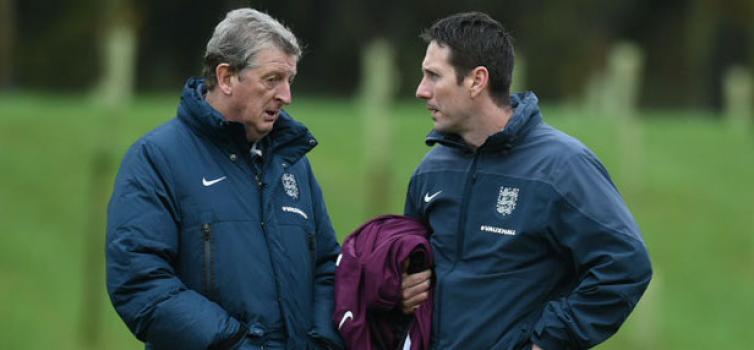Strudwick: Sports science must adapt to 'seismic changes'
Articles / /

Tony Strudwick (right)
Written by Simon Austin — February 9, 2017
MANCHESTER UNITED head of performance Tony Strudwick has marked his 20th year in professional football by charting the ‘seismic changes’ he has seen in sports science and laying out the challenges ahead.
Writing in the Football Medic and Scientist Magazine, Strudwick remembers: “This journey has taken me from an internship within the Academy of Coventry City to a role at Manchester United, back within the Academy setting.
“There have been seismic changes in the football landscape and indeed the role of sports science. Football no longer trails behind rugby, athletics or American sports in terms of intellectual property and/ or skilled practitioners.





-1.png)





